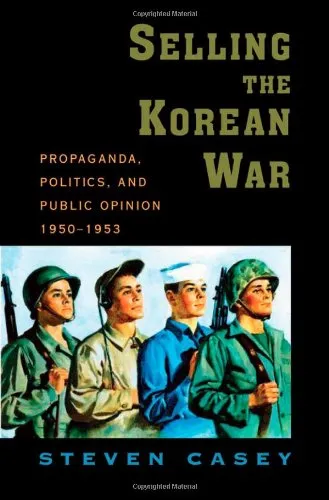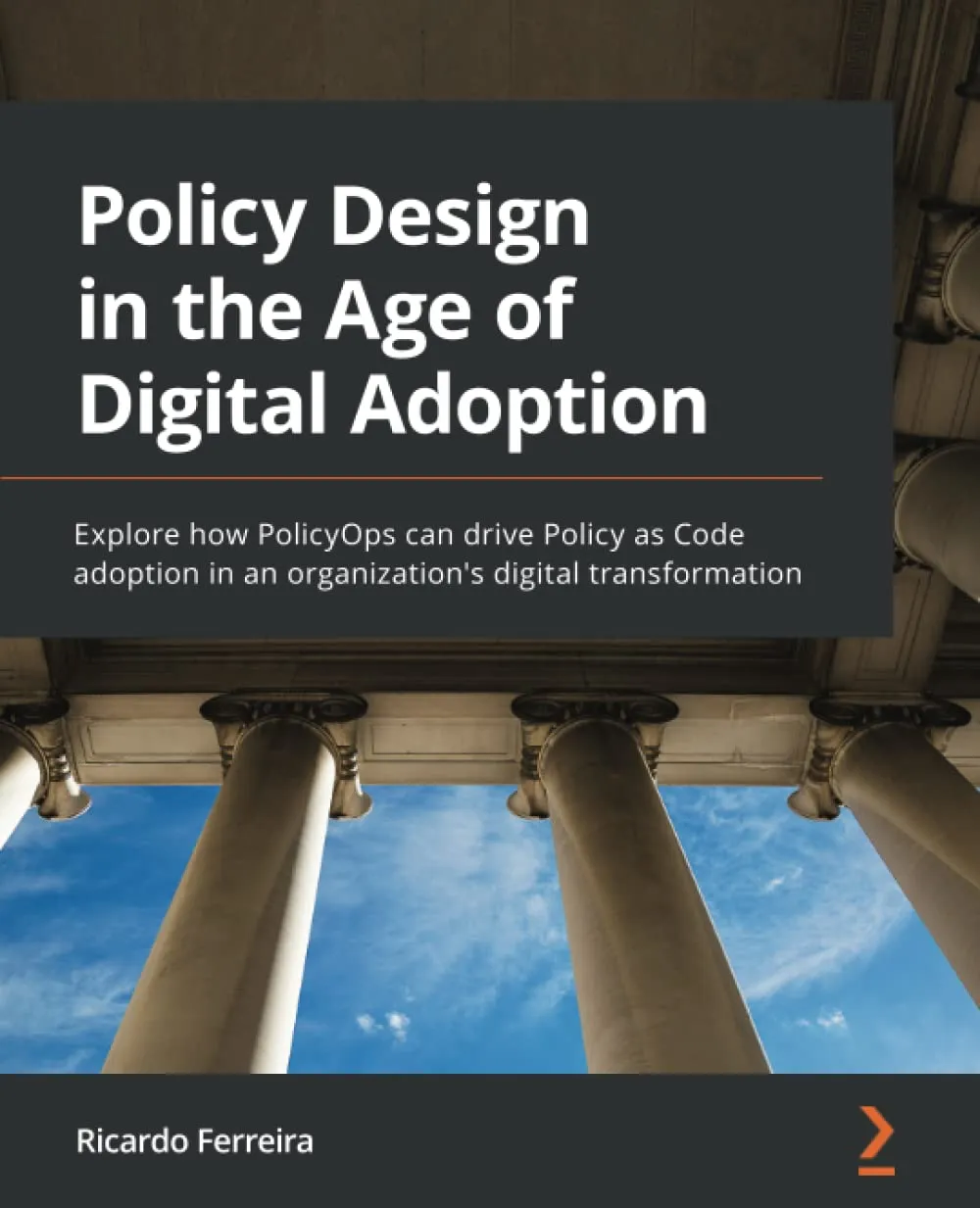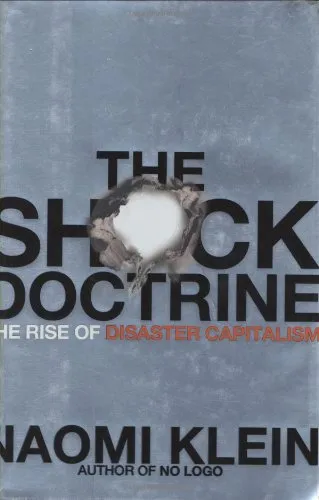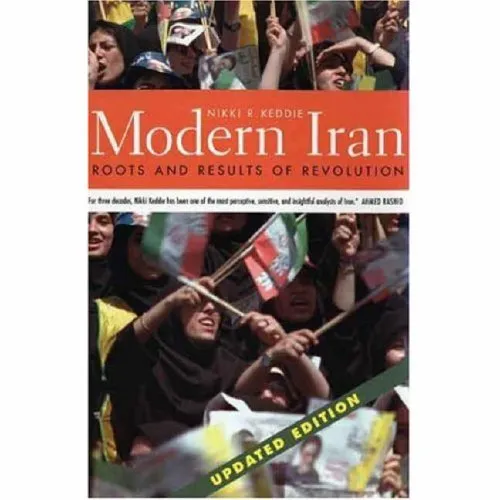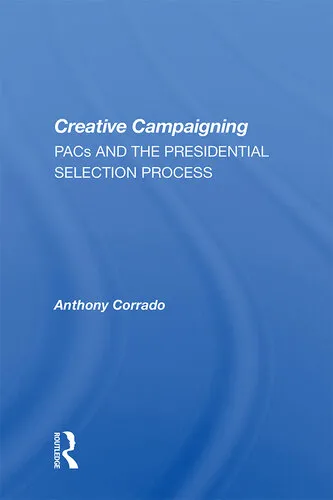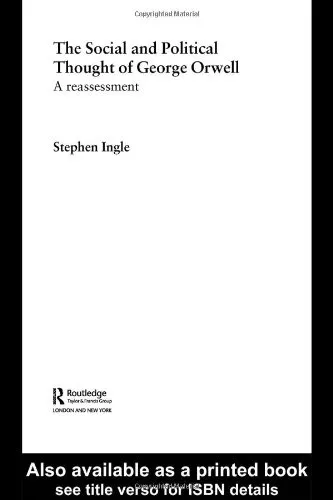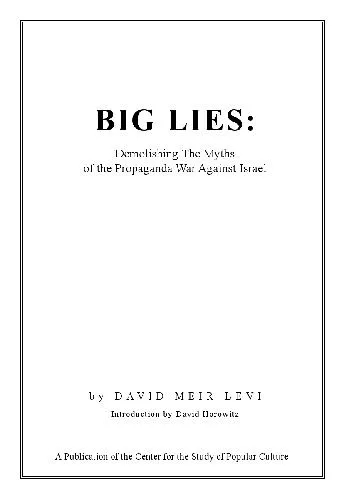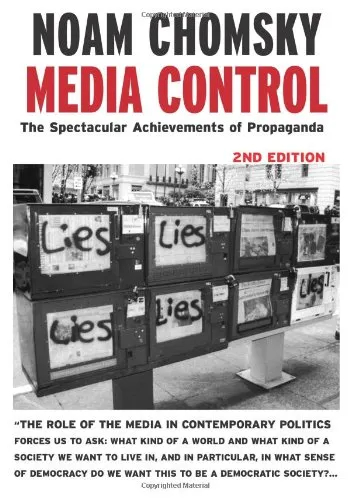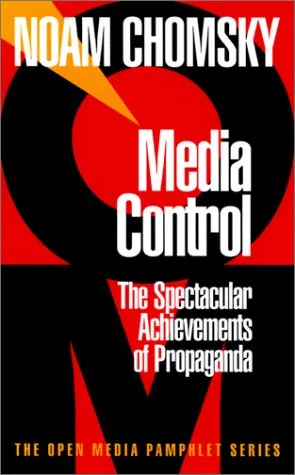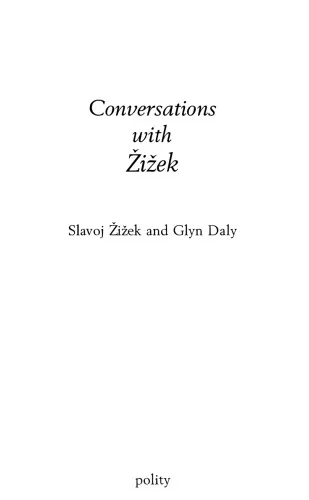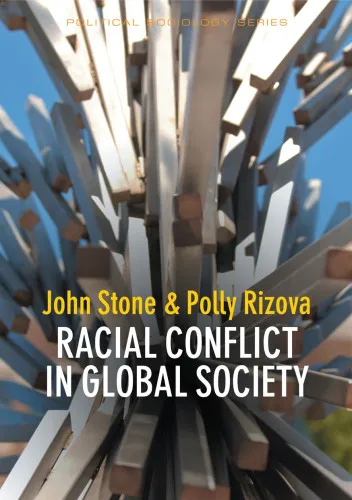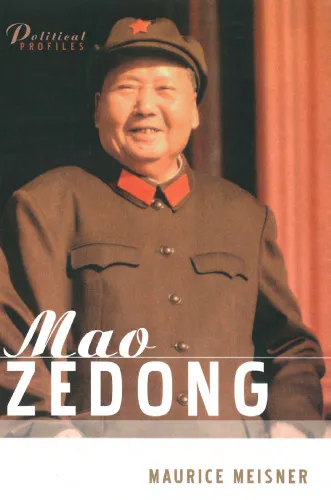Selling the Korean War: Propaganda, Politics, and Public Opinion in the United States, 1950-1953
4.4
بر اساس نظر کاربران

شما میتونید سوالاتتون در باره کتاب رو از هوش مصنوعیش بعد از ورود بپرسید
هر دانلود یا پرسش از هوش مصنوعی 2 امتیاز لازم دارد، برای بدست آوردن امتیاز رایگان، به صفحه ی راهنمای امتیازات سر بزنید و یک سری کار ارزشمند انجام بدینکتاب های مرتبط:
خلاصه تحلیلی کتاب
کتاب Selling the Korean War: Propaganda, Politics, and Public Opinion in the United States, 1950-1953 اثری پژوهشی و مستند است که به واکاوی شیوههای شکلدهی روایتها، مدیریت پیامها و بهکارگیری سازوکارهای تبلیغات توسط نهادهای سیاسی ایالات متحده در طول جنگ کره میپردازد. این دوره، از سال ۱۹۵۰ تا ۱۹۵۳، نقطه عطفی در تاریخ مدرن آمریکا بود که در آن دولت و رسانهها نقش هماهنگ و بعضاً پیچیدهای در انتقال پیامهای جنگی ایفا کردند.
اثر، با رویکرد تحلیلی و استفاده از منابع آرشیوی، نشان میدهد که چگونه سیاستمداران و کارشناسان ارتباطات، افکار عمومی را برای حمایت از مداخله نظامی و مشروعیتبخشی به اقدامات سیاسی بسیج کردند. این فرآیند نهتنها به لحاظ سیاسی اهمیت داشت، بلکه بر مسیر تحولات بینالمللی و روابط آمریکا با متحدان و رقبای خود تأثیر گذاشت.
نویسنده، با بررسی اسناد رسمی، گزارشهای رسانهای و دادههای نظرسنجی، پیوند میان تبلیغات (Propaganda) و سیاست را به گونهای ترسیم میکند که برای پژوهشگران علوم سیاسی، تاریخنگاران و علاقهمندان به مطالعات جنگی آموزنده است. ساختار کتاب بهگونهای طراحی شده که خواننده میتواند سیر تحول روایتها و تغییرات در افکار عمومی را در بستر زمان بهخوبی دنبال کند.
نکات کلیدی و کاربردی
یکی از نکات کلیدی کتاب این است که افکار عمومی، عنصری منفعل در برابر تبلیغات نیست؛ بلکه واکنشها و مقاومتهای جامعه نسبت به پیامهای رسمی، مسیر و محتوای تبلیغات را تغییر میدهد. به همین دلیل، سیاستمداران باید دائماً این واکنشها را پایش و راهبردها را اصلاح کنند.
کتاب بهخوبی نشان میدهد که رسانههای جمعی — از رادیو گرفته تا روزنامهها — چگونه با دولت همکاری کردند یا گاهی در نقش منتقد ظاهر شدند. این تعامل پویاست و به فهم عمیقتر از دموکراسی رسانهای در آمریکا کمک میکند.
از نظر کاربردی، مطالعه این کتاب برای کسانی که در حوزه تحلیل رسانه، روابط بینالملل یا ارتباطات سیاسی کار میکنند، نکات فراوان دارد. اهمیت تحلیل بستر تاریخی، مقایسه با دیگر جنگها، و درک اثر تبلیغات بر سیاست خارجی از جمله مواردی است که میتواند به تحقیقات و تصمیمگیریهای امروز نیز راهگشا باشد.
یک نکته مهم دیگر، مستندسازی دقیق و استناد به منابع است. این شفافیت باعث شده کتاب جایگاه ویژهای در مطالعات جنگ کره و تبلیغات سیاسی بیابد.
نقلقولهای ماندگار
در طول مطالعه این اثر، با جملاتی روبهرو میشوید که عصاره تجربه و بینش دوران جنگ کره را در قالب چند واژه بیان میکنند. این نقلقولها نهفقط ارزش تاریخی دارند، بلکه برای تحلیلگران امروز هم الهامبخشاند.
نویسنده، با انتخاب گزیدههایی از سیاستمداران، روزنامهنگاران و حتی شهروندان، تنوع دیدگاهها و احساسات را به تصویر میکشد. این بخش، فرصتی برای بازتاب مستقیم صدای آن دوران است.
«افکار عمومی نه تنها تحت تأثیر پیامهاست، بلکه بر شکل و محتوای همان پیامها نیز اثر میگذارد.» نامشخص
«در جنگها، حقیقت نخستین قربانی است.» نامشخص
چرا این کتاب اهمیت دارد
اهمیت این اثر، فراتر از یک مطالعه موردی تاریخی است. Selling the Korean War: Propaganda, Politics, and Public Opinion in the United States, 1950-1953 بستری فراهم میکند تا بتوانیم تأثیرات عمیق تبلیغات سیاسی بر افکار عمومی و سیاست خارجی را درک کنیم؛ مسئلهای که هنوز هم در جهان امروز حیاتی است.
با توجه به اینکه جنگ کره نهتنها یک درگیری نظامی، بلکه
Analytical Summary
“Selling the Korean War: Propaganda, Politics, and Public Opinion in the United States, 1950-1953” is a thorough and critical examination of how the American government, political leaders, and media sought to explain, justify, and sustain public support for U.S. involvement in Korea during the early Cold War era.
Set against the backdrop of shifting global power dynamics following World War II, the book dissects the interplay between official rhetoric, the mechanics of propaganda, and the realities of public opinion. As author Steven Casey methodically illustrates, Washington faced the challenge of framing a distant, complex conflict in a manner that resonated with domestic audiences who were weary of war but wary of communism’s spread.
Through meticulous archival research, primary sources, and contextual analysis, the narrative traces decisions from the Truman administration through the Eisenhower years, explaining how political imperatives shaped messaging strategies. It also examines how news media amplified certain frames, how dissenting voices struggled for airtime, and how evolving battlefield conditions affected official narratives. The result is both a history of the Korean War’s public presentation and a case study in the larger phenomenon of Cold War propaganda.
Key Takeaways
Readers will gain detailed insight into the mechanisms and challenges of wartime communication in a democracy under ideological pressure.
One key takeaway is that the Korean War was never “sold” in a vacuum; it drew upon established Cold War tropes that portrayed U.S. actions as defending freedom and halting aggression.
Another is the recognition of the role that fluctuating public opinion played in shaping, constraining, or encouraging policy choices — an ever-present feedback loop between the electorate and the political establishment.
The book also clarifies the enduring relevance of these historical lessons, showing how modern conflicts are communicated using similar strategies, albeit with updated channels and technologies.
Memorable Quotes
“In times of conflict, the battle for hearts and minds can be as decisive as the battle on the field.” Unknown
“Propaganda is not merely about persuasion; it is about framing reality itself.” Unknown
“Public opinion is a weapon politicians wield — but it can also be a force they struggle to control.” Unknown
Why This Book Matters
Understanding how the Korean War was presented to the American public offers profound lessons for anyone studying media, politics, or conflict.
This work matters because it illuminates the historical foundations of modern governmental communication. It shows how Cold War propaganda operated in a constitutional democracy, balancing — and sometimes bending — freedoms to meet strategic aims.
For academics, political communicators, journalists, and historians, “Selling the Korean War: Propaganda, Politics, and Public Opinion in the United States, 1950-1953” is an indispensable case study. It captures the tensions between truth-telling and persuasion, between free debate and national security, and between policy action and the public's willingness to bear its costs.
Inspiring Conclusion
“Selling the Korean War: Propaganda, Politics, and Public Opinion in the United States, 1950-1953” offers a powerful reminder of how historical narrative, media influence, and political imperatives intersect.
By exploring the methods used to engage, shore up, and sometimes manipulate public sentiment, the book equips readers with analytical tools for understanding how wars are explained and justified. In today’s era of rapid information exchange, these lessons resonate more than ever.
Whether you are an academic researcher, a policy analyst, or simply someone interested in the history of American political communication, this study’s insights invite discussion, debate, and deeper inquiry. Read it, share its perspectives, and join the conversation about how past experiences can inform future approaches to conflict communication.
دانلود رایگان مستقیم
شما میتونید سوالاتتون در باره کتاب رو از هوش مصنوعیش بعد از ورود بپرسید
دسترسی به کتابها از طریق پلتفرمهای قانونی و کتابخانههای عمومی نه تنها از حقوق نویسندگان و ناشران حمایت میکند، بلکه به پایداری فرهنگ کتابخوانی نیز کمک میرساند. پیش از دانلود، لحظهای به بررسی این گزینهها فکر کنید.
این کتاب رو در پلتفرم های دیگه ببینید
WorldCat به شما کمک میکنه تا کتاب ها رو در کتابخانه های سراسر دنیا پیدا کنید
امتیازها، نظرات تخصصی و صحبت ها درباره کتاب را در Goodreads ببینید
کتابهای کمیاب یا دست دوم را در AbeBooks پیدا کنید و بخرید
1204
بازدید4.4
امتیاز0
نظر98%
رضایتنظرات:
4.4
بر اساس 0 نظر کاربران
Questions & Answers
Ask questions about this book or help others by answering
No questions yet. Be the first to ask!
